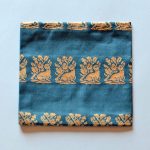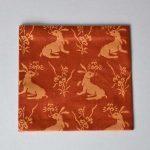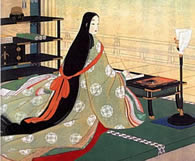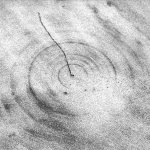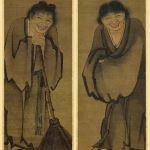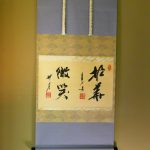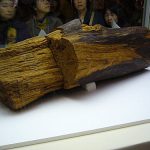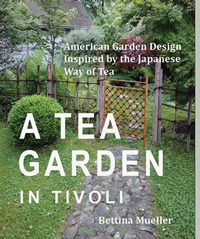Because there is
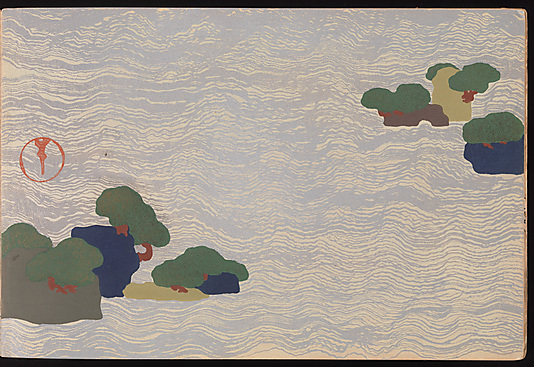
I picked up a little book of poems titled The Poetry of Impermanence, Mindfulness, and Joy. After months of looking at Instagram and Pinterest and reading very little, it was a joy to discover these poems.
Lighthouse
Its vision sweeps its one path
like an aged monk raking a garden,
his question long ago answered or moved on.
Far off, night-grazing horses,
breath scented with oatgrass and fennel,
step through it, disappear, step through it,
disappear.
– Jane Hirshfield
The distant mountains
are reflected in the eye
of the Dragonfly
– Kobayashi Issa
Common things that suddenly sound special
I broke my ankle very badly 7 weeks ago. I’m in a cast and won’t be able to put any weight on my left left leg for months.
Ken has been taking wonderful care of me. Here’s a list of all the things – simple yet really important things – he’s been doing every day to help me heal. If I needed a good lesson in friendship and how important we are to each other – this was it.
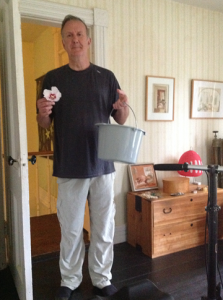
Ken with the p pot and flower
Ken brings me breakfast in bed every morning
Makes me coffee or gets it from Murray’s down the street
Helps me up the fifteen stairs to the top floor every night
Brings me Vitamin C in a small glass to drink
Shops for all the groceries
Takes me to Dr. appointments
Listens to me
Loves me (Ken added that one)
Cleans the dishes and kitchen
Puts out the trash
Finds and gets my eyeglasses from downstairs
Empties the portable potty downstairs
Cheers me up
Hammers nails in the floor
Brings me flowers from the garden
Waters my newly planted dogwood…
…and so much more.
I am also touched by all my friends who brought over food or helped water and weed the garden or took me out for lunch or just came over to chat. Simple things that mean so much.
My mother’s blanket chest
It’s late May in New York and today I switched over my winter clothes for summer ones. Soon it will be very hot. I clear out the sweaters and pants I’ve been wearing all winter from the top shelf of my closet.
I store them in my mother’s old Yankee blanket chest.

In order to make room for the winter clothes I take out the summer ones that are folded in with old blankets and assorted tee shirts. I wonder why I hold on to some things. Maybe one day I’ll be able to fit into a pair of pants that are a size too small or wear the blouse that never really worked but has a wonderful fabric.
I can’t bear to throw them away.
Today I found piles of well worn, white, long and short sleeved tee shirts and three or four ripped black yoga pants. Ripped at the seams where the legs meet the seat.
These are the clothes I used to wear under my faded Zen robe when I went to Dai Bosatsu Monastery for sesshin, a seven day silent meditation retreat.
The temperature in the zendo was often in the low 60s during the winter months and I put layer upon layer of these clothes on top of silk underwear plus a cashmere sweater to keep warm. The trick was not to move during sitting because the slightest breeze would get me shaking with the cold.
I miss those days. I miss that intense practice. I burned with a love for it that went beyond hot and cold, beyond body and mind. Those clothes, all worn and ready for next time, will probably not be used again.
After over 35 years of practice at Dai Bosatsu and now in my late 60s, I doubt that I’ll ever again have the wonderful opportunity to throw myself wholeheartedly into anything as exquisite, demanding, and wild.
Except of course this life as it is right now.
I will continue to keep those old tee shirts and ripped pants in my mother’s blanket chest – in memory and with a deep bow of gratitude.
Crimson colors
Sei Shonagon sometimes gets irritated with those who wear unsuitable things like “crimson skirted trousers” at the wrong time. And then at times she loves “a white coat worn over a violet waistcoat.”
Fabric has always been important in Japan. Today in Kyoto you can visit the shop of Kitamura Tokusai who will bring out sample after sample of old and ancient fabrics that are now used in the tea ceremony to hold a tea bowl in hand. They are called Kobukusa and are much admired. Dazzling and splendid.
Not being comfortable
Tea practice, a Zen art, has always been a challenge. From the first time I learned how to fold a silk square of fabric into an elegant wiping cloth there has always been something new to wake me up – challenge me in unexpected ways.
The art of the gathering is the appreciation and deep respect for the objects whether they be new or old or ancient or with provenance.
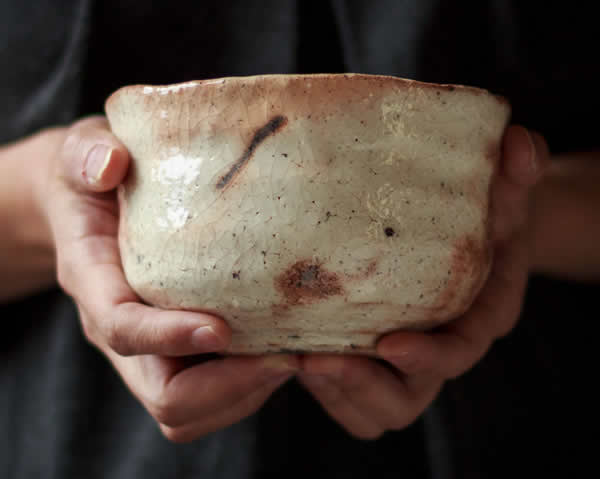
My new tea bowl by Kouichi Osada
Today was a first for me. I was totally unsettled by a guest who is a ‘professional’ potter. With my new precious tea bowl in her hands she put the first and second digits of her fingers into a slingshot and slung her nail hard into the side of the bowl. WHACK.
“Oh, don’t do that!” I said. What was she thinking? Was she testing the validity of the glaze or the way in which it was fired? I don’t know. The bowl could have been shattered.
I’m trusting that my tea bowl will be ok.
But imagine if the bowl had survived hundreds of years and you had the honor to hold it in your hands marveling at the beauty of it and the many generations that had taken care of this fragile pottery and then someone comes along and WHACKS it. Just so they could.
I still can’t get over this. Maybe in time…















